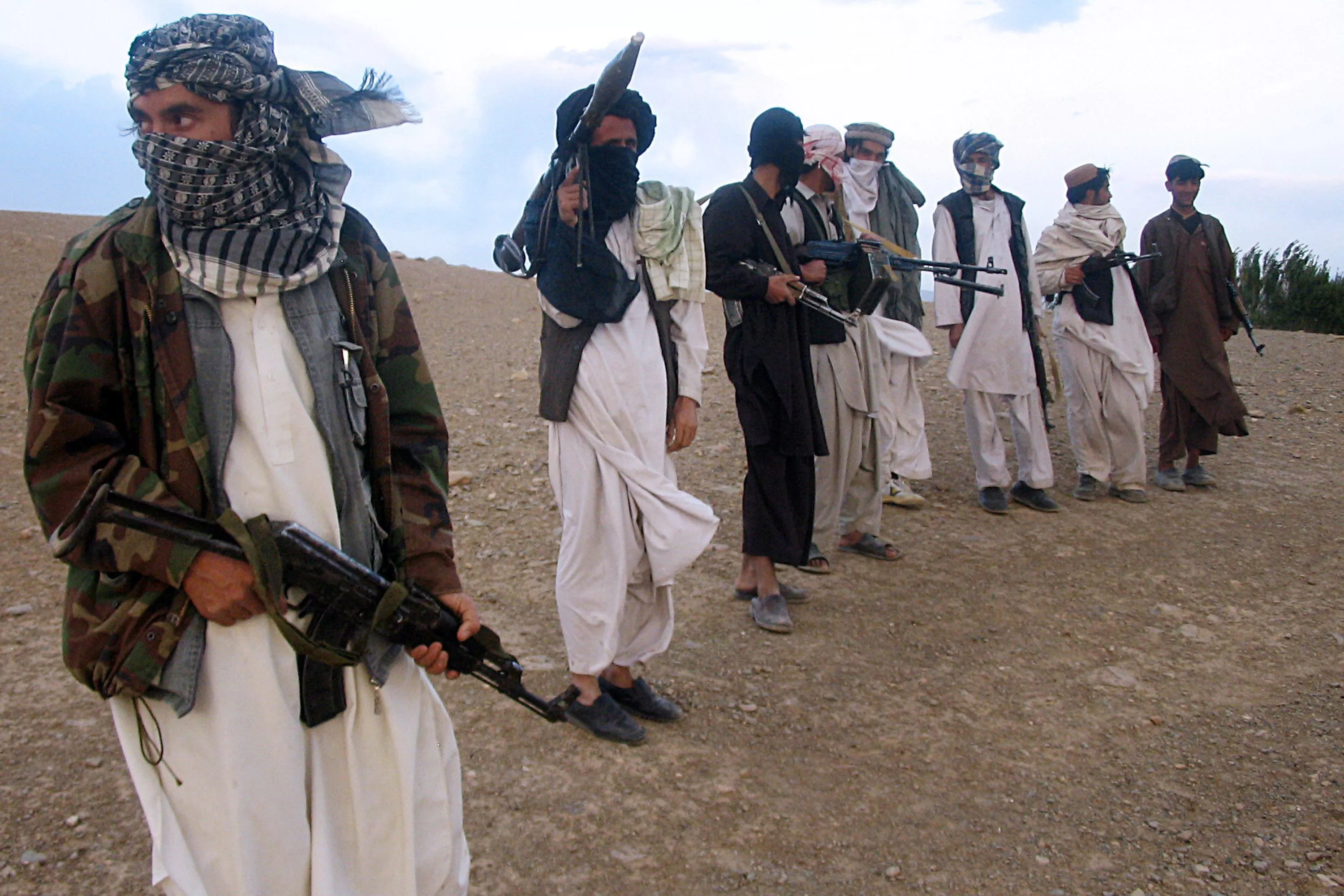
Amidst claims by US and Afghan officials that they have engaged the Taliban in talks, a member of the Afghan High Peace Council has contradicted that account and said that no formal communication channel had been established with the Taliban hierarchy.
As US-led troops prepare to leave Afghanistan and hand security responsibility to the Afghans, foreign forces and the administration of Afghan President Hamid Karzai are desperately trying to make peace with the Taliban to end the decade-long conflict in the country.
“In an individual capacity, we did have dialogue with the Taliban leaders, but there has been no formal contact with them, thus far,” Arsala Rahmani, who was deputy education minister in the Taliban regime, told The Express Tribune in a telephone interview from Kabul.
Rahmani is among a small group of former Taliban who have reconciled and are now pushing their former ‘comrades in arms’ to do the same.
President Karzai had set up the High Peace Council in October last year and mandated it to negotiate with the Taliban. Influential politicians and public and religious figures are among the members of the council headed by former Afghan president Burhanuddin Rabbani.
Rabbani told the Afghan parliament in June this year that his council had held negotiations with the representatives of the Quetta Shura, Haqqani network and Hezb-i-Islami in and outside Afghanistan.
But Rahmani could confirm formal meetings only with the Hezb-i-Islami, led by Gulbudin Hekmatyar – the former mujahideen commander who had ganged up with the Taliban following the ouster of their regime by US-led coalition forces in 2001.
Rahmani was one of the 14 former Taliban leaders whose names were taken off a UN terror list on July 16. Of these, three men – former head of Taliban Shura Mullah Rabbani, head of Kabul’s religious police Maulvi Rafiullah Moazin and deputy minister for information and culture Mullah Rahimullah Zurmati – are already dead, Rahmani said. At least 123 names of the Taliban are still on the list.
Rahmani advocated a waiver of restrictions on the Taliban leaders for the success of peace talks. “We have given the Afghan government a list of Taliban leaders who, we think, should be struck off the terror list,” he added.
He stressed that the Afghan Taliban be decoupled from al Qaeda. “Al Qaeda has a global agenda, while the Taliban are focussed on their country,” Rahmani said.
President Karzai confirmed in February this year that the US administration has demanded the establishment of a system of permanent US military bases across Afghanistan. Rahmani opposed such a partnership but added that the decision rests with the Afghan people.
“The Taliban will never agree to a permanent US military presence in their country. And if this happened, fighting will not cease,” Rahmani said. “We want the international community to help us rebuild our war-torn country.”
An Afghan peace council delegation visited Pakistan earlier this year and held talks with government officials and politicians to seek help in the Afghan peace process.
“We met Pakistani officials and politico-religious leaders to seek their support,” Rahmani said. “I’m sure Maulana Fazlur Rehman (chief of his own faction of Jamiat Ulema-e-Islam) and Qazi Hussain Ahmed (former amir of Jamaat-e-Islami) can play a role in the peace talks.”
Rahmani also doubted the credibility of a recent claim by Afghan lawmaker Homa Sultani that she had met the reclusive Taliban supremo Mullah Omar. “She is a Hazara (a Shia community known for its Taliban enmity). And I don’t think Mullah Omar would meet a Hazara, that, too, a woman,” he added.
Published in The Express Tribune, July 24th, 2011.

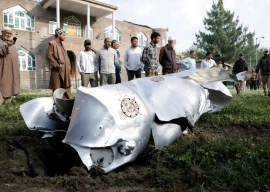
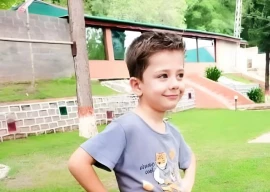
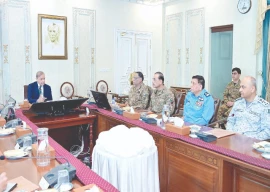
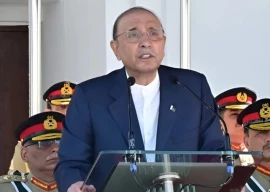
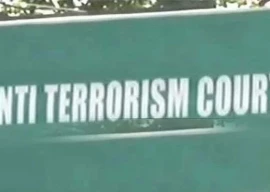
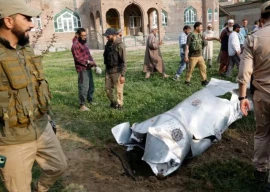

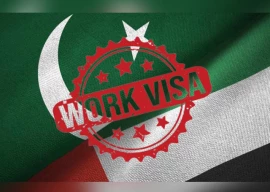
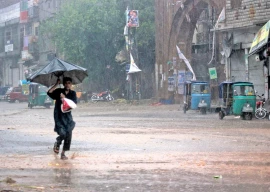








COMMENTS
Comments are moderated and generally will be posted if they are on-topic and not abusive.
For more information, please see our Comments FAQ